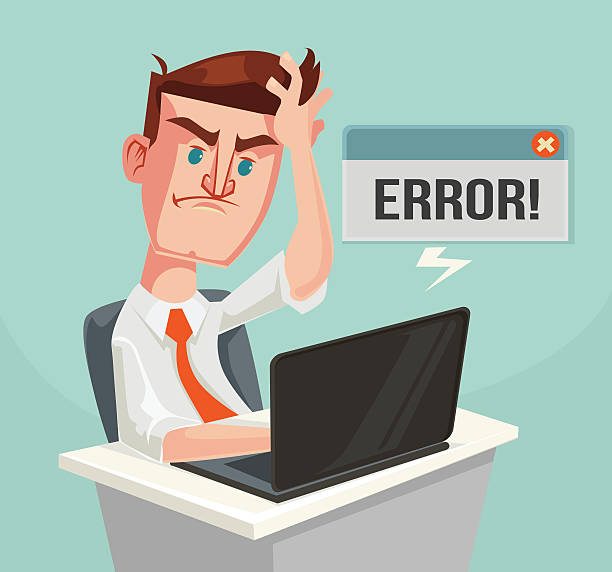Top 5 mistakes to avoid when hiring a Voiceover Artist
Some clients I work with regularly have revealed that before working with me, they had not had such positive experiences with previous VO artists. When I enquired further, there seemed to have been recurring themes in their hiring process that have resulted in them being unhappy with the service provided.
I’m writing this post to address some typical hiring voiceover artist mistakes and provide some voiceover artist tips to ensure that you come away happy with your chosen voiceover artist and your end product.

1 – Choose your voice well
This one seems obvious but is not always applied. Choosing the right voice for your brand/project can be crucial in how effective the result is. I’ve explained in previous posts that before you start hunting for a voice, think about what style of voice would be most effective. Consider gender, age, accent and tonality.
For example, if you’re advertising period products, then you probably don’t want a 60-year-old man voicing the ad.
Once you’ve decided what type of voice would work best, listen to the voice reels of VO artists that fit that brief and make yourself a shortlist of 5-10 people. Ask them all to provide a short demo of your script. Once you have these, you can then apply my voiceover artist hire tips below.
2 – Cheap does not mean cheerful!
It’s important to consider your budget before requesting quotes. While you should seek competitive rates for your chosen voiceover artist, opting for cheap rates may result in low-quality outcomes!
Different projects will incur different fees. If your project is an advert that is going to be broadcast on commercial radio stations, you will have to consider a usage and buyout fee to pay to the voiceover artist on top of their basic studio fee (BSF).
Some voiceover artists may charge a lower rate because they are new to the biz and they want to build their CV – this is fine, as long as they know what they’re doing. Be sure to scour their website carefully and listen to their reels.
Does the demo of your script sound professional? If you have a long script, can they sustain the right energy throughout? How many re-takes are they offering as part of their rate? All things to consider when negotiating the fee.
3 – Make sure your script is finalised
Re-takes take time. Time is money. Before sending your finished script out to your chosen voiceover artist, make sure that anyone who needs to review it has done so. A few times I’ve been asked to re-record entire scripts because someone in the creative process wasn’t happy with the wording. Of course, I don’t mind recording a script again, as it’s more money in my pocket, but probably best to avoid this if you have a tight budget.
Some voiceover artists will include a certain number of re-takes in their fee, but others won’t and some voiceover artists will only allow re-takes for directorial changes. To avoid wanting to change the script after the voiceover artist has recorded it and particularly if you feel like you need to hear it out loud to know for sure if it works, record yourself or a friend/colleague on your phone saying the script first and listen out to see if anything doesn’t sound right.
4 – Equipment quality control
What equipment is your voiceover artist going to use to record your voiceover? What does the environment sound like in which they are going to record? A professional voiceover artist will state on their website what equipment and software they use and sometimes provide photographs (even better!), but if they do not have this information displayed, then ask. Are they recording on a cheap microphone or in a noisy environment?
Asking a voiceover artist to record the demo in the space and with the equipment which they would use to record the job is a perfectly normal request. This way, you can be sure that you’re happy with the quality of the sound before making the booking.
5 – Hire a sound engineer
You may come across some voiceover artists who have trained themselves in basic sound engineering and can provide their audio with basic sound editing. However, most voiceover artists are not sound engineers and are only equipped to provide you with raw audio. This is unedited audio that has not been cleaned up for levels/pops/stereo enhancement etc…
To achieve a professional-sounding voiceover, it’s important to hire someone to master the sound, even if you’re not adding any music or background effects. I hope this information helps you make an informed decision when hiring a voiceover artist for your next project. If you would like to work with me, please feel free to contact me.


